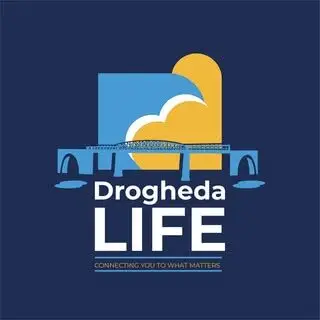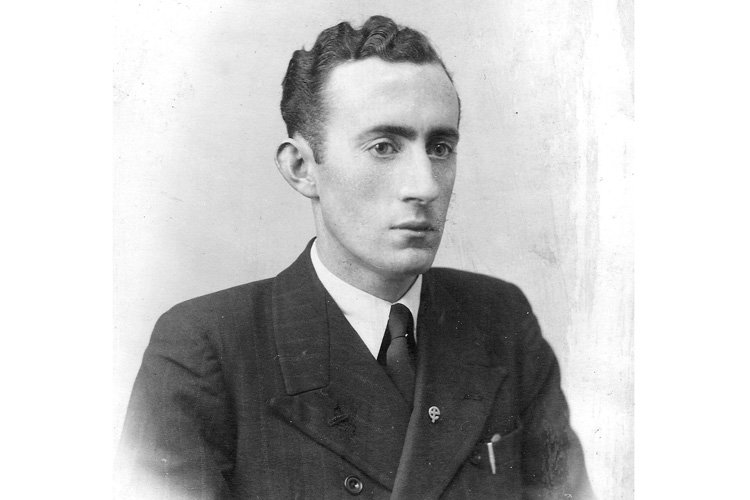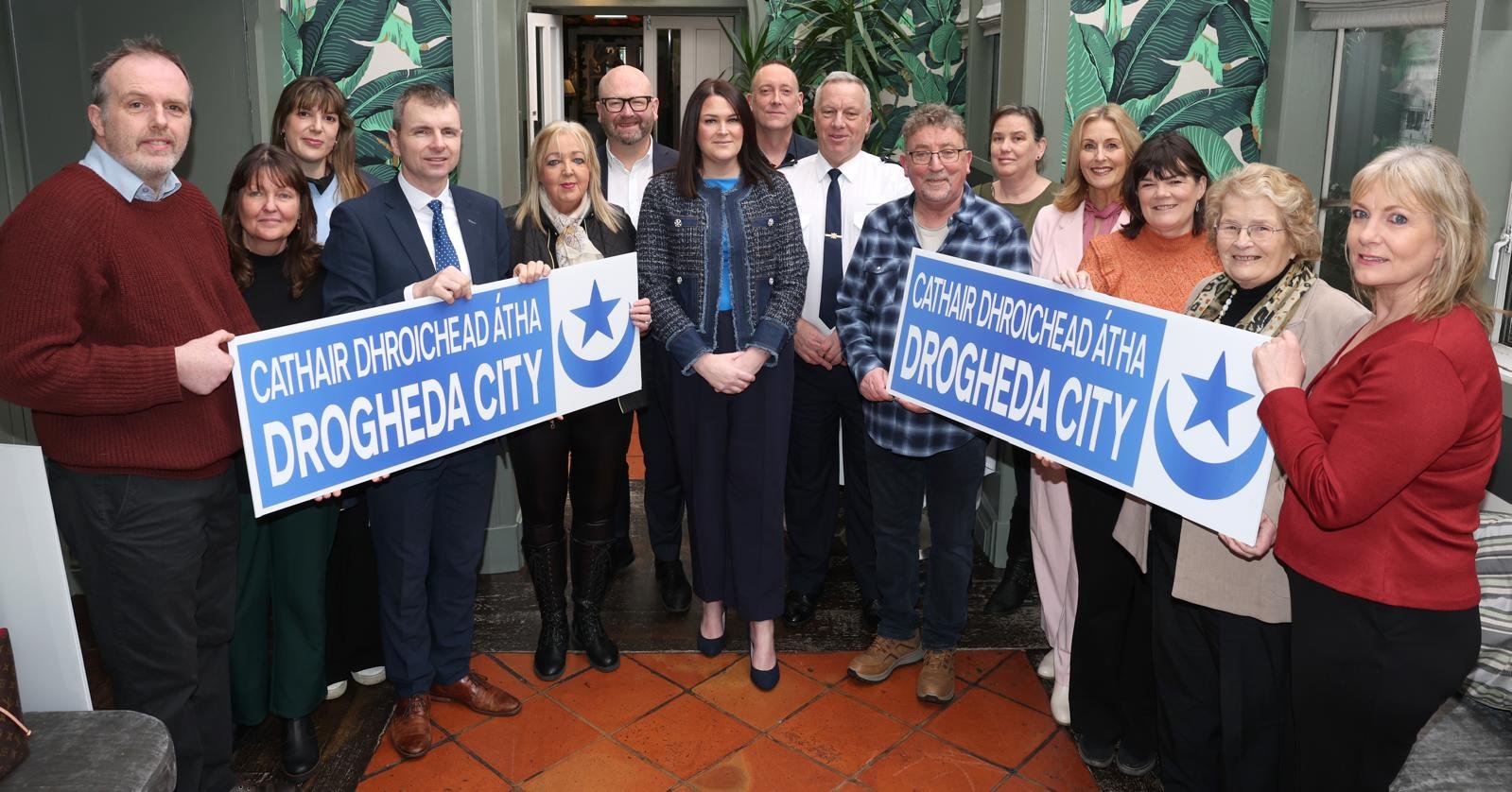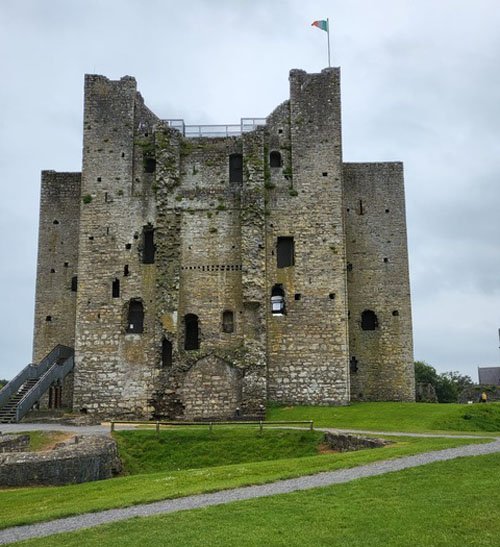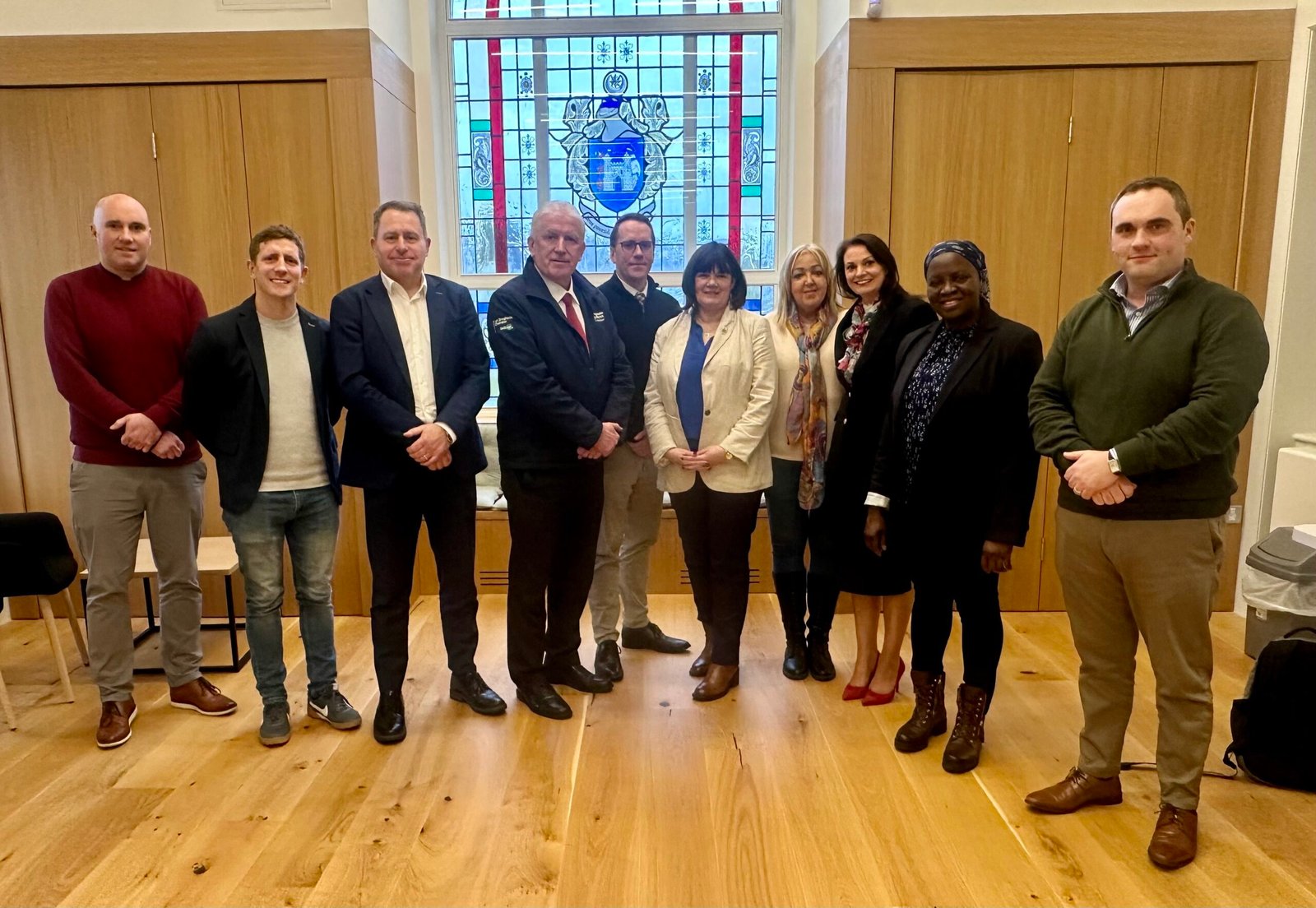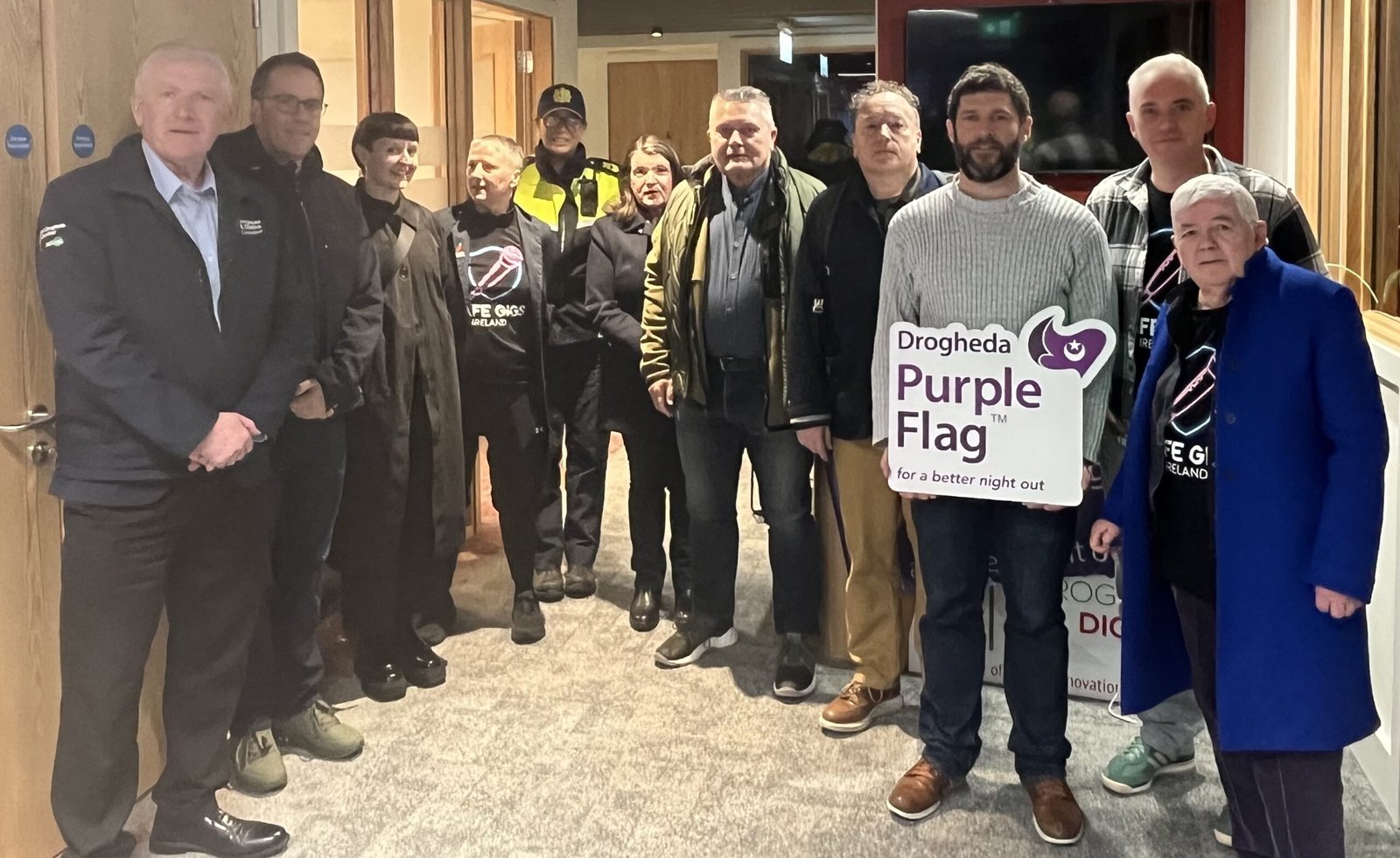By Sean Collins
This week historian Sean Collins tells us the story of Eoin Quigley, a Drogheda man who died at a young age but who achieved much for the working people of his native town and especially those suffering ill health.
When the houses at Trinity Gardens were first allocated in 1931, families such as the Murphys, Quigleys, Staffords and my own Granny Collins, who had been living in tenements or mud walled cottages, were delighted with their new homes.
Eoin Quigley, who lived with his parents at number 50 Trinity Gardens, went on to become an elected member of both Drogheda Corporation and Louth County Council and had a great interest in mental health and the poor especially.
Eoin was also very interested in the Irish language and all things Irish and became a dedicated and pioneering councillor who was soon recognised as a great champion of the people.
In his role as a Councillor Quigley was a member of the visiting committee of the Dublin Road hospital or the “Spike” as it was known locally.
On one visit he complained about the poor standard of crockery being used by the patients and demanded that they be replaced. On his next visit he found the old crockery was still being used so he proceeded to smash the cups and saucers one by one on the ground, announcing that they would certainly be replaced by his next visit!
Eoin joined “Ailtiri na hAiseirghe” or the Architects of the Resurrection, an Irish fascist party that lasted from the early forties to the mid-fifties, and, although in poor health, he won his seats in the 1945 local elections.
That same year however, he succumbed to TB which was a pandemic of its own in Ireland at that time. But the townspeople saw him as their hero and he was always remembered in that way.
Recalling him some time recently, local journalist Hubert Murphy, noted; “Indeed, when he died, people came to his bedside and asked who would work for the poor of Drogheda now.
He was a man of vision and one of those ahead of his time. At one council meeting, he put forward the idea of a plebiscite of the people of the island in relation to the removal of the border with Northern Ireland. He argued that if enough people signed it, the world would see what the Irish people wanted and demanded.
And he said the lead must be taken by County Louth as it endured the biggest impact from partition.
Many other great lines were written about Eoin, including;
“His principles will survive and his record get new lustre from the passage of time. His place is secure in the pantheon of those who have dared and striven, sorrowed and sacrificed for the common weal.”
